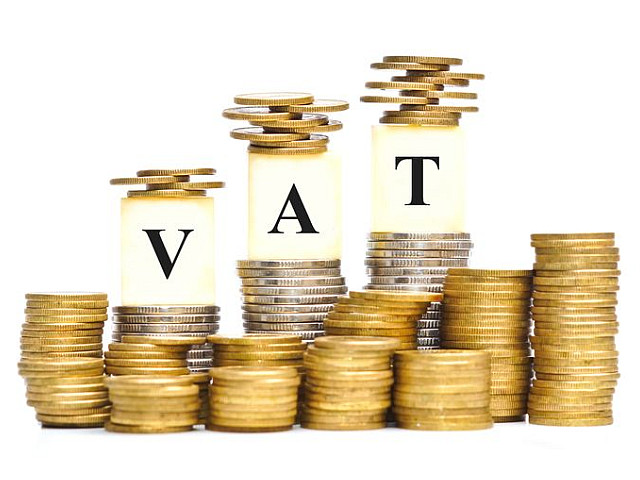



A brief analysis of history suggests that the people, systems and organisations most responsive to change tend to be the most successful, which is directly relevant to the various structural reforms currently being introduced across the region.
As governments respond to lower oil prices, the past year has seen a slew of regulatory reforms that will help diversify national economies. The Arab world’s largest economy, Saudi Arabia, has unveiled a robust National Transformation Plan to wean the national economy off oil. Not surprisingly, these reforms include plugging fiscal gaps by various means, including the introduction of a value-added tax (VAT).
The proposed reforms will impact businesses in a number of ways, many of which are positive. For example, according to the Ministry of Finance, the UAE expects to generate approximately AED12 billion ($3.27bn) in the first year of VAT, which is roughly a quarter of the country’s federal budget of AED48.65 billion ($13.25bn) for 2017. Revenue from VAT could be used to further empower the national economy through, for example, improved infrastructure, better schools and higher levels of productivity.
The proposed VAT rate of 5 percent is relatively low when compared to levels in Europe, China and Australia. Nevertheless, there has been some discussion of negative implications, largely because businesses and residents have enjoyed relatively high incomes and low deductibles for a long time.
There is a concern that this new economic landscape could pose unprecedented challenges to businesses, in particular small and medium enterprises (SMEs). And this concern is, for once, well founded: put simply, the way businesses have been operating is about to fundamentally change. Businesses need to adapt because their future could essentially depend on how VAT-ready they are in the very short-term.
Since the new VAT system was announced earlier this year, perhaps the biggest worry businesses have had is the relatively short preparation window. The window – if VAT is introduced as intended on 1, January 2018 - is indeed short and demands that businesses urgently take action. There is something of a consensus that VAT will be a cost to business, but, with adequate preparation, businesses, and SMEs in particular, can introduce systems and processes that reduce any cost implications, are aligned with the new tax system and ensure that they are fully compliant.
So how should businesses brace themselves?
The starting point is to raise awareness within the organisation. Carefully review supply chains and internal processes to fully understand the impact of VAT on the overall business model. Determine what needs to be done to be fully compliant with the new system. Clear communication within organisations is critical, as employees need be aware of how the business model might have to change.
Functions across the business - including finance, legal, IT and sales but also marketing and human resources - must understand the impact of VAT, including additional costs – which could be actual or related to compliance or cash flow - on their operations. It is also critical to evaluate contracts that go beyond January 2018 as these may be silent on the ramifications of VAT – and who pays.
Leading practice compliance standards must be implemented by maintaining appropriate books of account. This will help support VAT refunds and avoid penalties for non-compliance. Accounting systems should be able to identify and record VAT – payable and receivable - across the entire supply chain. Businesses must also be able to identify and record rebates, exemptions or other special VAT treatments on particular transactions.
In the run up to the implementation of VAT, business should consult with specialist VAT advisors to help them fully understand their tax obligations and ascertain what needs to be done to be fully compliant.
While further specifics on the VAT and excise tax legislation are expected shortly, it is imperative that businesses respond now rather than adopting a wait-and-watch approach. Make the most of the next 12 months. Be adaptable to any announced structural changes and feed them into strategic planning.
As Christine Lagarde, the director-general of the International Monetary Fund (IMF), reinforced during her visit to the UAE in 2016: “It is worth remembering that GCC economies have made large fiscal adjustments in the past – and I am confident that they can do it again.”
VAT is a new departure for the GCC, but a well-travelled path for many leading economies. Adapt to the road ahead and keep in mind the old adage: “If you fail to prepare, you should prepare to fail!”
♦ By: Clare McColl - Arabian Business
